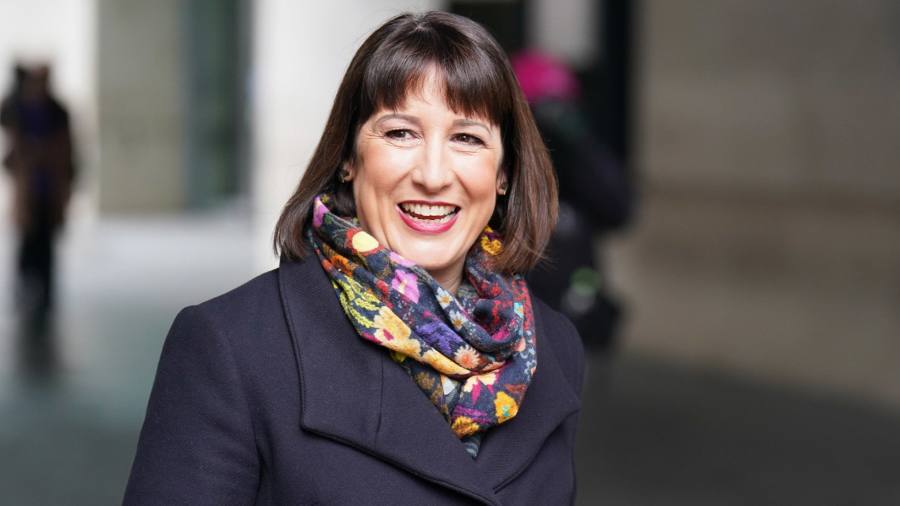
Labour has vowed to reverse Jeremy Hunt’s controversial Budget decision to offer a big pension tax break to the wealthy, calling it “the wrong priority, at the wrong time, for the wrong people”.
Hunt’s move to scrap the £1mn lifetime allowance on tax-free pension contributions and increase the annual allowance from £40,000 to £60,000 has left him politically exposed as voters struggle with high taxes and squeezed living standards.
Hunt insists the moves will help keep skilled older workers in their jobs, notably senior NHS doctors and consultants. Labour claimed they exposed the Conservatives’ default setting of wanting to help the rich.
Labour said the changes to allowances, which together will cost more than £1bn a year, would see the “top 1 per cent of pension savers getting a massive tax break for their retirement” — potentially netting an average of £45,000, according to its own analysis.
The party also said the changes could introduce another tax loophole that allows well off people to avoid paying inheritance tax.
The issue has overshadowed other Budget measures intended to help ordinary households, including a £5bn extension of free childcare and £3bn of extra subsidies for energy bills.
Labour officials admitted that some other elements of Hunt’s Budget, including a £9bn tax break for business investment, were broadly in line with the opposition party’s own thinking.
It came as the Office for Budget Responsibility highlighted how Hunt’s “stealth tax” rise — a freeze in income tax and national insurance thresholds — would amount to a 4p increase in the basic rate of income tax by 2027, increasing the tax burden to its highest postwar level.
In the aftermath of his Budget, Hunt faces trouble on two fronts, with rightwing Tory MPs and newspapers urging him to cut taxes now and with Labour urging him to reverse the pensions tax cut for the wealthy.
Rachel Reeves, shadow chancellor, said Labour would force a Commons vote on the pension changes next Tuesday.
“The only permanent tax giveaway yesterday was for people who can save more than £1mn into their pensions while ordinary voters see their taxes go up,” Reeves told the BBC. “That would not be my priority.”
Hunt claimed the move would fix “a specific problem in the NHS” of senior doctors retiring early or refusing to take on extra hours because of pension tax rules. “It’s not the wrong values to support the NHS,” Hunt said.
The chancellor declined to say how many doctors he thought would stay in the NHS as a result of the policy.
Reeves said a Labour government would reinstate the lifetime allowance and create a targeted scheme for doctors rather than allowing a “free-for-all for the wealthy few”.
“We have consistently said there needs to be a fix for doctors,” she said.
“But you don’t need to have an across the board change for pensions that is helping some of the very wealthiest people.”
Sir Steve Webb, a former pensions minister, said doctors had already been advised to delay their retirement until the changes came in and that he thought officials had underestimated the cost of scrapping the £1mn lifetime allowance, anticipating a “gold rush” of pension savings.
“If I was in this position as an individual and I thought that the next government might put the limit back in, I’d fill my boots in the next two years, have a bit of a gold rush, and then crystallise on the eve of the general election,” he said.
Pensions are normally exempt from inheritance tax and can be used to hand money down to the next generation in a tax-efficient way.
Arun Advani, professor of economics at the University of Warwick, said the combination of uncapped pension pots and the ability to pass them tax-free to your kids “means pensions are becoming much more about inheritance than about retirement”.

